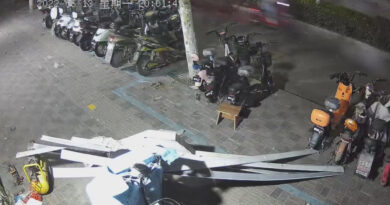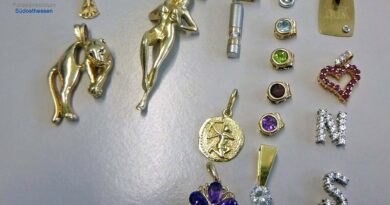Swiss Researchers Team Up With Lidl To Create Sustainable Packaging Made Of Fruit And Veg Peels
Swiss researchers have teamed up with supermarket giant Lidl to create a sustainable packaging solution for fresh produce that is made out of fruit and vegetable peels.
They say it can notably reduce plastic usage in supermarkets and help to curtail global food waste.
The scientists, from the Empa (Swiss Federal Laboratories for Materials Science and Technology) research institute, in collaboration with Lidl Switzerland, based the packaging on renewable, raw materials.
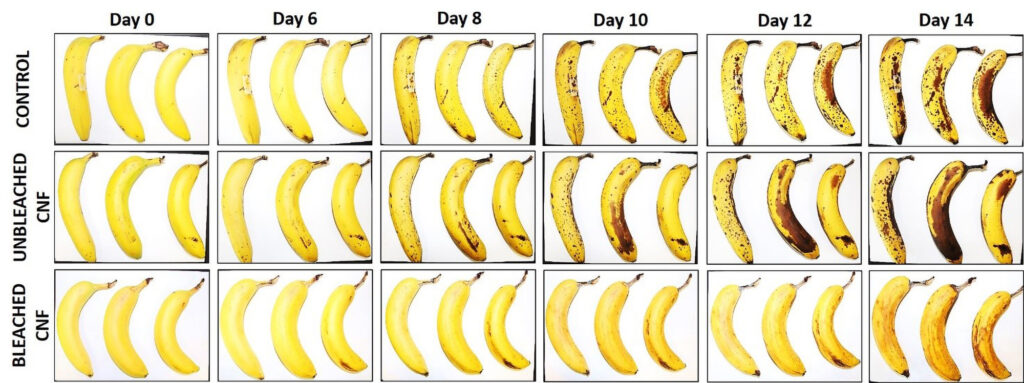
Additionally, the team, led by Gustav Nystroem, Head of Cellulose & Wood Materials Lab at Empa, spent over a year developing the special protective cellulose coating.
The fruit and vegetables coated by the cellulose remained fresh for significantly longer, with the shelf life of bananas extended by over a week, Empa said in a statement.
Nystroem, who believes that this discovery will significantly reduce food waste, said: “The big goal is that such bio-coatings will be able to replace a lot of petroleum-based packaging in the future.”
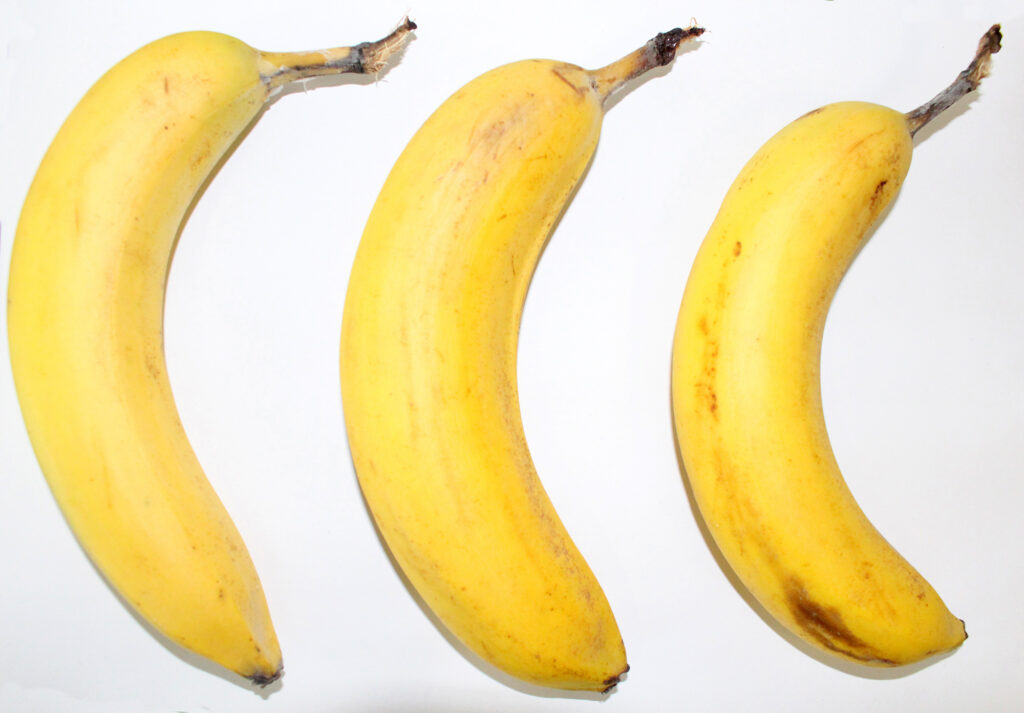
According to the researcher, the base material comes from the same products that are to be protected, and has to be washed, dried, ground and then processed into a material that forms a web-like mesh.
He explained that the idea behind the research was to use the solid residue left over from juice extraction, called pomace, which is often simply discarded, and turn it into fibrillated cellulose.
The cellulose is then used to create a protective coating for fresh fruit, which can either be sprayed directly onto the fruit or the food can be dipped into it to coat it.
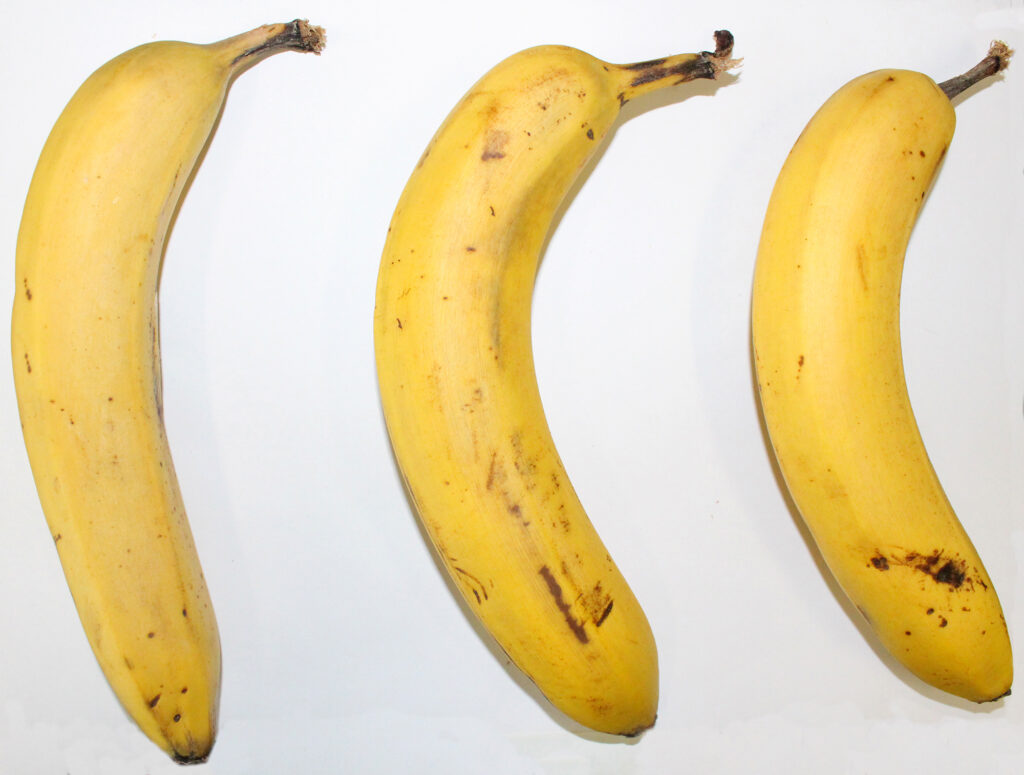
Nystroem explained: “After drying, a film in the micrometre range forms that you can neither see nor feel.”
According to Empa, the cellulose is easy to wash off and can also be used without causing harm to the consumer.
Nystroem said: “The elegance lies in the circular approach. We can still improve this value. However, the cellulose layer cannot compete with a performance like that of plastic.”
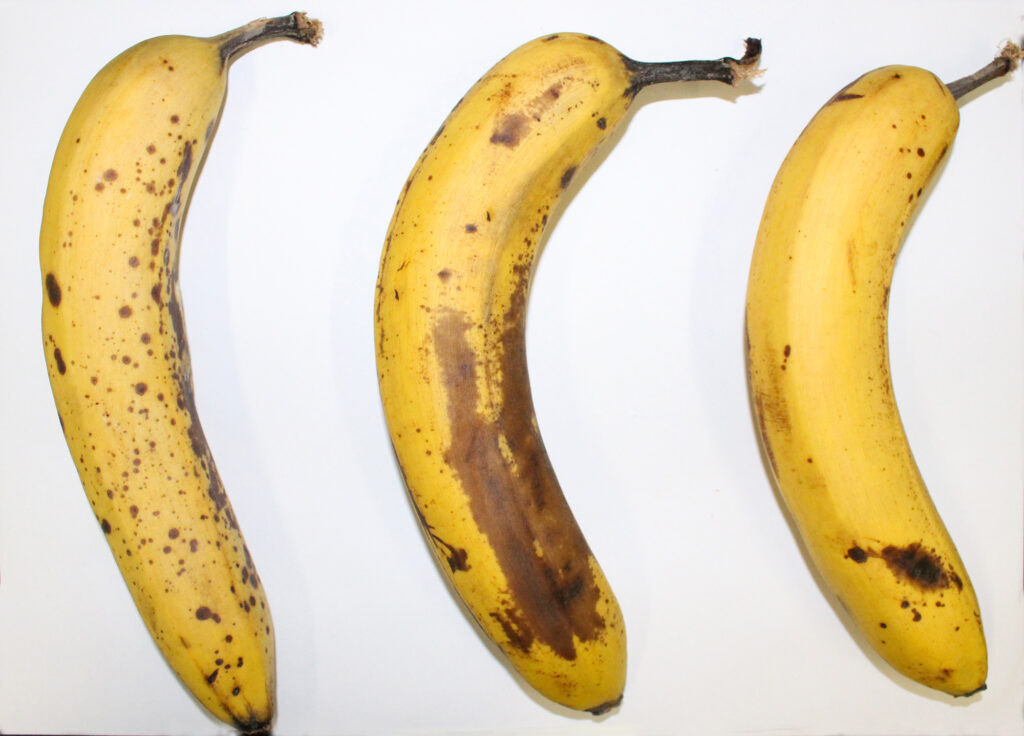
However, the researchers said that the potential of cellulose coating has not been fully unleashed yet and they plan to enrich it further with vitamins and antioxidants.
After the completion of the research, the cellulose layer developed at Empa will be tested and further improved over the next two years along with Lidl Switzerland and a fruit and vegetable supplier.
The Swiss authorities reportedly plan to try out the new technology in all 150 Lidl stores in the country following a successful main trial.
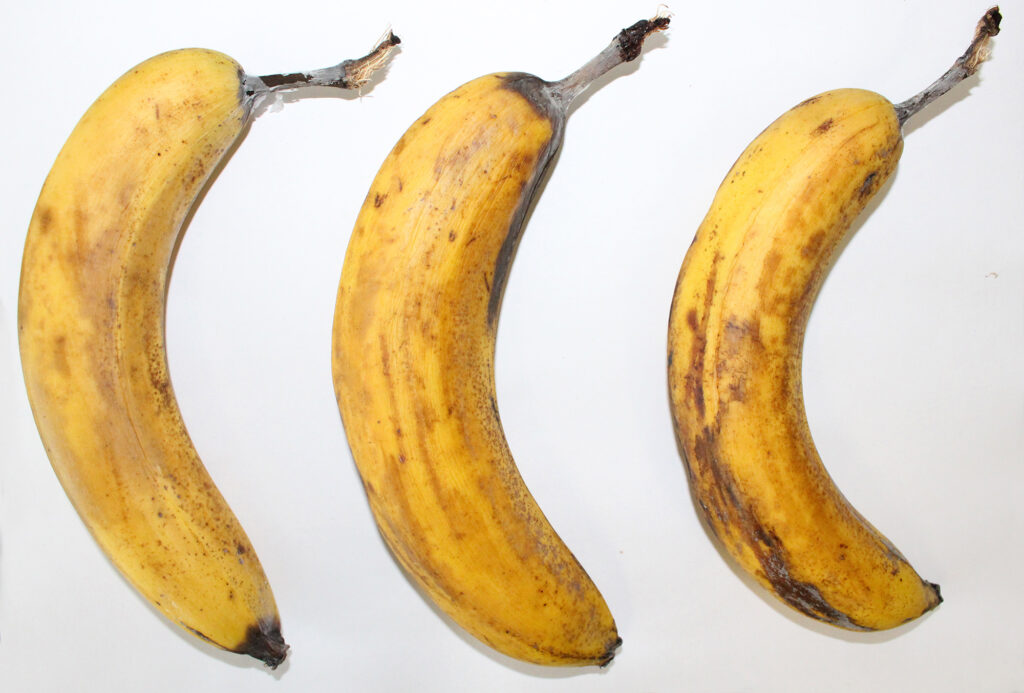
The study was published in the journal ACS Sustainable Chemistry and Engineering.

